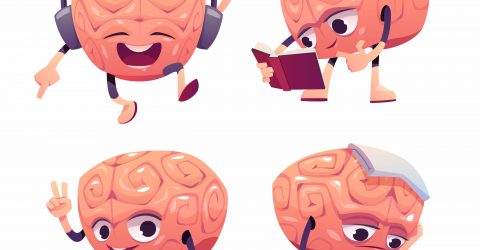Music has been used for therapeutic purposes for centuries now. Read about the amazing effects of music therapy on people here.
Music Therapy – Overview
Music therapy is a form of counseling that uses music to help patients cope with emotional and psychological issues. It is often used to treat anxiety, depression, post-traumatic stress disorder (PTSD), and autism.
Music therapy can effectively treat conditions because it has been shown to affect mood, emotions, and overall health positively. Studies have found that music therapy can improve mental health even more than traditional antidepressants or psychotherapy. 
Sound can have a powerful effect on the body and mind, and music therapy is no exception. When we listen to music, our brains release oxytocin, called the “cuddle hormone,” because it increases trust, happiness, and social interactions. Additionally, listening to music has been found to reduce blood pressure, help with sleep patterns, and even improve cognitive function.
Music Therapy vs. Sound Therapy
There are a few critical differences between music therapy and sound therapy that should be considered before making a decision about which treatment would be best for you:
- Music therapy typically lasts for around 50 minutes, while sound treatments usually last for approximately 25 minutes.
- Music therapy focuses on solo compositions, while sound therapies typically include solo and group compositions.
- Music Therapy may be more effective at treating psychological disorders such as anxiety and depression, while Sound Therapy may be more effective at reducing stress.
Benefits of Music Therapy
Music therapy is a beneficial treatment for many mental health issues. Some of the most commonly cited benefits of music therapy include:
- It has been found to improve mood and anxiety levels, relieve stress and tension, and increase relaxation.
- It can help people with conditions like autism, ADHD, bipolar disorder, and chronic pain manage their emotions better.
- It can also help people learn new skills, form social relationships, and build self-confidence.
- In some cases, it has even been proven to be an effective treatment for depression and PTSD.
Interesting facts about Music Therapy
- Listening to different types of music can help your mood happy and calm.
- With the mimic of music, your heartbeat changes when you listen to music.

- Music therapy can even help patients recover from surgery or childbirth.
- Music therapy is often recommended as an effective treatment for children, adolescents, and adults facing difficult psychological conditions.
Conclusion
Both children and adults can benefit from music therapy‘s proven ability to alleviate stress and anxiety. Additionally, it has been demonstrated to elevate mood, promote relaxation, and lessen depressive symptoms.
Furthermore, music therapy is a relatively inexpensive method of therapy that doesn’t need any specialized tools or facilities. People of various ages can utilize it, and it can be offered in both homes and clinics.















